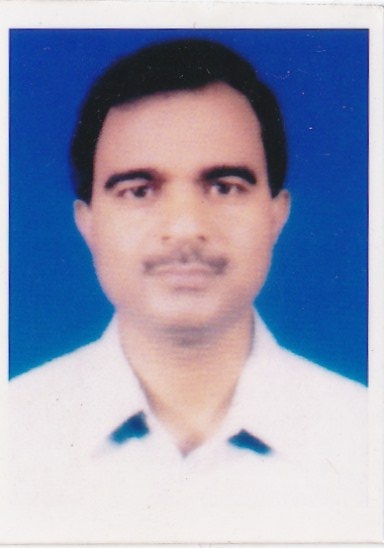
Associate Professor, Science

Associate professor in Chemistry
The history of the Department of Chemistry at S.H.D. College dates back to 1980. It started with a general undergraduate degree course and other science departments under the University of Calcutta. The department offers three year undergraduate (UG) general degree courses with combinations of physics and mathematics or with botany and zoology. Class sizes are small, providing a good bond for faculty-student communication and academic flexibility. Faculty members engage with the modern research theme of chemistry, and students are always welcome for their curiosity about modern chemistry.
Scope of the subject
SWOC analysis of the department
Strength
Weakness
Opportunities
Constraints
Future plan
| Sl No | Title | Notice View |
|---|
| Sl. No. | Seminar topic | Date |
| 1 | A Step on the South Pole: CHANDRAYAN 3 | 29.09.2023 |
| 2 | Solar Energy | 05.08.2023 |
| 3 | Role of Sundarban in Eco-System | 10.03.2023 |
| 4 | Food Habits and Cancer | 28.02.2023 |
| 5 | Use of Hand Sanitizers in Covid 19 prevention (Webinar) | 10.07.2020 |
Research area of Dr. Bappaditya Naskar
| Name of the PI | Project title | Nature of project | Funding source | Budget (in Rupees) | Time duration |
| Dr. Sanjay Kumar Mandal | Studies on Bio-remediation of Arsenic by Mangroves in the Sundarbans | Minor Project | UGC | 4,55,000/- | Completed |
| Dr. Bappaditya Naskar | Physicochemical Studies on Surfactant-Based Catanionic Coacervates and Their Diverse Applications | Major Project | ANRF (formerly SERB) | 42,97,832/- | Ongoing |
Dr. Sanjay Kumar Mandal: mandal.sanjaykumar@gmail.com
Dr. Bappaditya Naskar: bappadityanaskar25@gmail.com
